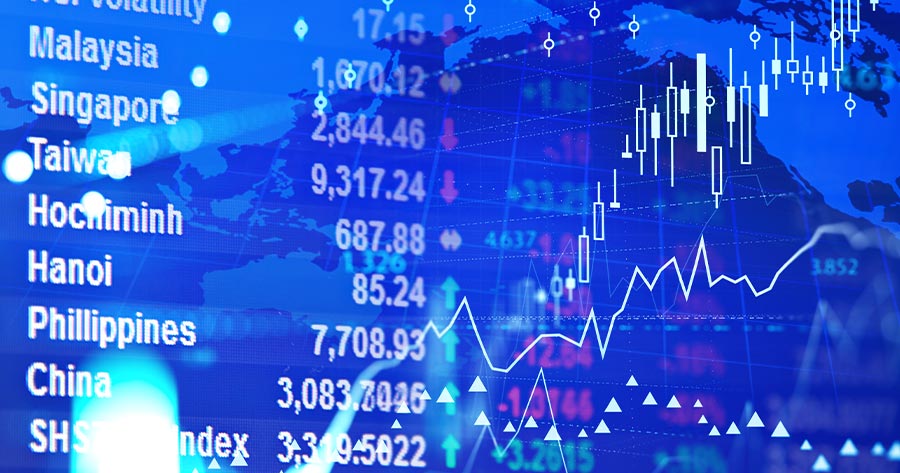On Thursday morning (2 January, 9:34 AM, GMT+7, Bangkok time), indices in Asia Pacific exhibited a downward trend after several major exchanges reopened following the New Year’s Day holiday.
In a New Year’s speech, Bank of Korea’s Governor Rhee Chang-yong highlighted the need for a flexible and agile approach to managing monetary policy due to the increasing uncertainties in political and economic landscapes.
The central bank is scheduled to announce its next interest rate decision later this month after recently implemented consecutive rate cuts for the first time since 2009.
As for China, the Caixin/S&P Global manufacturing purchasing managers’ index for December is being eagerly monitored by investors, with economists predicting a modest increase to 51.7 from November’s 51.5, as per LSEG data. This follows a lower-than-expected official PMI figure for December, which stood at 50.1.
Meanwhile, Japanese markets will be closed on both Thursday and Friday.
South Korea’s KOSPI slid by 0.16% to 2,395.77, while Australia’s ASX 200 surged by 0.32% to 8,185.1.
As for stocks in China, Shanghai’s SSEC slumped by 1.18% to 3,312.32. Hong Kong’s HSI plummeted by 2.4% to 19,578.85, and Shenzhen’s SZI dropped by 1.25% to 10,284.33.
Meanwhile, the US stock markets were closed on Wednesday due to the New Year’s Day holiday.
As for commodities, oil prices declined by approximately 3% for the second consecutive year in 2024, as the post-pandemic demand rebound faltered, China faced economic challenges, and increased crude production from the U.S. and other non-OPEC countries added to an already well-stocked global market.
On Tuesday, Brent crude futures closed higher by 65 cents, or 0.88%, at $74.64 per barrel, while U.S. West Texas Intermediate crude finished up by 73 cents, or 1.03%, at $71.72 per barrel.
This morning, Brent futures increased 34 cents or 0.46% to $74.98 a barrel, and the WTI gained 36 cents or 0.5% to $72.08 per barrel.
Meanwhile, gold futures added 0.26% to $2,647.9 per Troy ounce.



